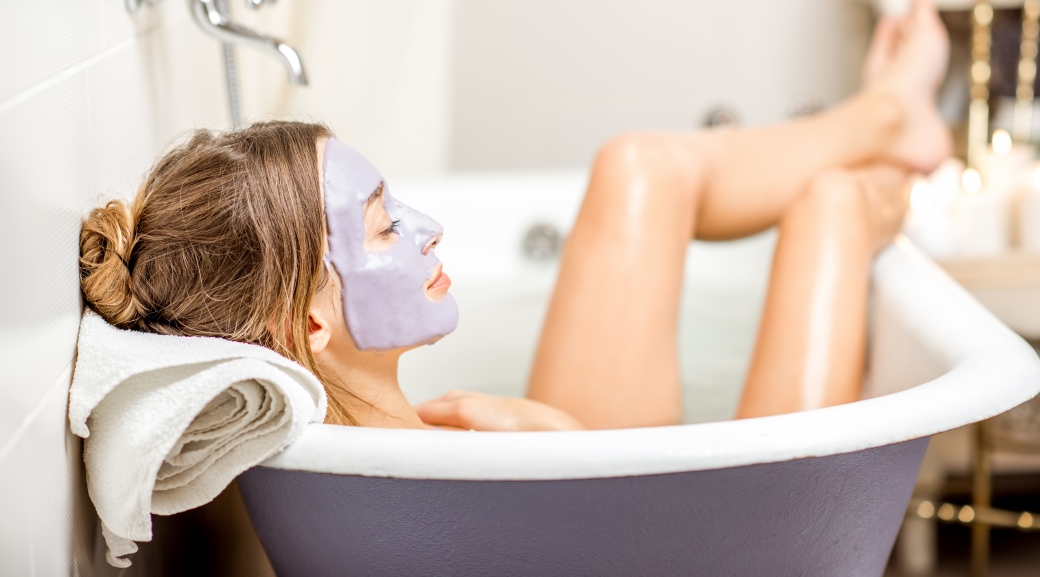The coronavirus crisis has fast-tracked the growth of vegan beauty and skincare.
Technavio, the leading global research company, has revised its 2019 estimate for the growth of the worldwide vegan beauty market and predicts sales will reach US$3.32 billion over the next four years.
According to the advisory expert, the number of people embracing vegan lifestyles in the US alone has increased 400 per cent over the past decade to reach 10 million by March this year.
An upsurge experienced in other major regional markets such as Europe and the Asia/Pacific and Australia.
Apart from the obvious triggers such as heightened demand for cruelty-free and environmentally sustainable products, there are other drivers fueling the market, notes Technavio.
With fewer ingredients and a smaller percentage or absence of chemicals, vegan cosmetics and skincare often benefit sensitive skin and other problems such as acne, rashes and allergic reactions.
After sun care is also on a roll.
As spring approaches, popular skincare brands such as Avéne and Natio are launching their new sun care ranges.
But one of the fastest-growing sectors is after sun care. According to Allied Market Research, the global after sun care market is expected to grow to US$2.9 billion over the next five years.
Mass brands have a 60 per cent global market share, says the researcher.
But premium products are gaining traction because of the rise in the incidence of skin cancer and the penetration of natural and organic products.
The US has the largest regional market share with 33 per cent of worldwide sales. But the Asia/Pacific is experiencing the fastest growth.
Gel-form products account for 25 per cent of the global after sun care market, says Allied Market Research, because consumers prefer them to oils.
Key players in the category include Beiersdorf (Nivea), Unilever, Coty, Johnson & Johnson, L’Oréal, Clarins, Bioderma and the Estee Lauder Companies.

